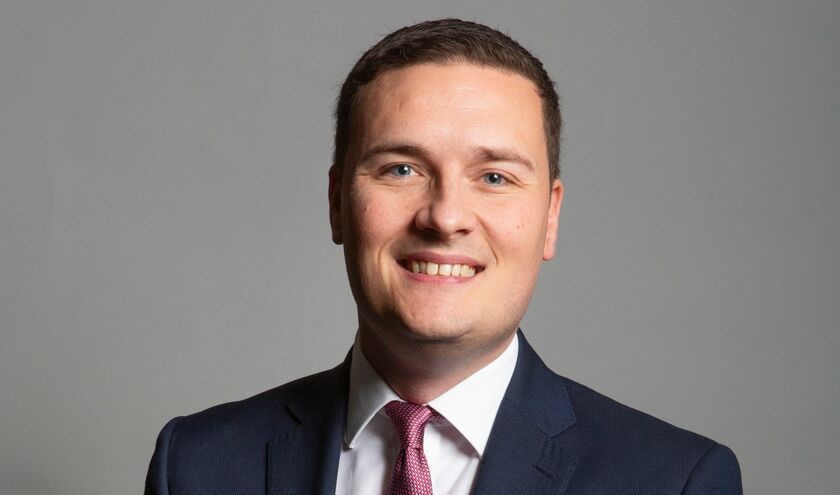Streeting told delegates: ‘Much of what's done in a hospital today, will be done on the high street, over the phone, or through the app in a decade's time.
‘So if you need to reconfigure services to cut waiting times, modernise, and improve productivity, you will have my support. In fact, I've had nine reconfigurations cross my desk since becoming health secretary.
‘Of course I have looked at them thoroughly, assured myself that patient safety and access are guarded, but I haven't intervened in a single one yet.'
Streeting said the introduction of foundation trusts was ‘one of the most successful NHS reforms in the last 25 years'.
He said the philosophy behind it ‘holds true' - earned autonomy, greater responsibility for boards and the freedom to innovate is still ‘the best way to drive up standards'.
‘This has been lost over the last decade, as the bureaucratic culture of excessive micromanagement took over,' he said. ‘So we will reinvigorate the foundation trust model.'
The 10-Year Plan will introduce incentives, freedoms flexibilities, and freedom from central control for local providers delivering a quality service.
The best-performing foundation trusts will have their powers restored, Streeting said, and where providers are underperforming, DHSC will step in and offer support to turn it around.
He added: ‘This will be a decade-long project of improvement, and we will start in working-class, rural and coastal communities.'
This year, DHSC will require regions to begin drawing up plans for failing providers and begin the process of turnaround.
Streeting told delegates: ‘There is no reason why successful GPs should not be able to run local hospitals, or why nurses should not be leading neighbourhood health services.'
He said that as plans are drawn up for the new neighbourhood health services, he will give the UK's mayors and local government leaders a seat at the table.
‘You see every day, in the patients who walk through your doors, the consequences of damp housing, dirty air, and poverty,' he said.
‘It is in the interests of the NHS to work better with local government to deliver the shift from sickness to prevention.'
Streeting said two million people have taken part in the conversation around the 10-year plan, from patients to senior NHS leaders, and ‘no one defends the status quo'.
‘There is a consensus across the system itself that the NHS needs change,' he added.
In addition, Streeting discussed reaction to this week's Spending Review, which has attracted broadly two sorts of reaction, he said. The first, mainly from the media and the public, ‘£29bn is a hell of a lot of money'.
The second, mainly from think tanks, is ‘£29bn is nowhere near enough'.
Streeting said: ‘The truth is, both are right. It is objectively a substantial funding settlement that puts wind in our sails, but investment alone isn't enough.'
He added: ‘If instead we look at 100% of the budget the NHS will receive next year, totalling £205bn, and ask ‘what if we spent that funding where it would make the biggest difference to patients', then the opportunities before us seem enormous.
‘There will be a big culture shock. It won't be easy - I don't need to tell you that.'
In response, chief executive of NHS Providers Daniel Elkeles, said: ‘It was particularly heartening to hear his praise for foundation trusts and his desire to ‘reinvent' them for the modern age.
‘This could herald increased autonomy with freedom to innovate and build on success, alongside greater transparency and public accountability for performance. That is a winning formula.'
Matthew Taylor, chief executive of the NHS Confederation, added: ‘Our members will welcome Mr Streeting confirming he will support them to make the difficult decisions needed to redesign services. This is something we have been calling for and will be a weight off the minds of many system and provider leaders.
‘We also welcome his announcement that the upcoming 10-year plan will put an end to central control and place more power into the hands of local leaders to lead and innovate to benefit their populations.'



